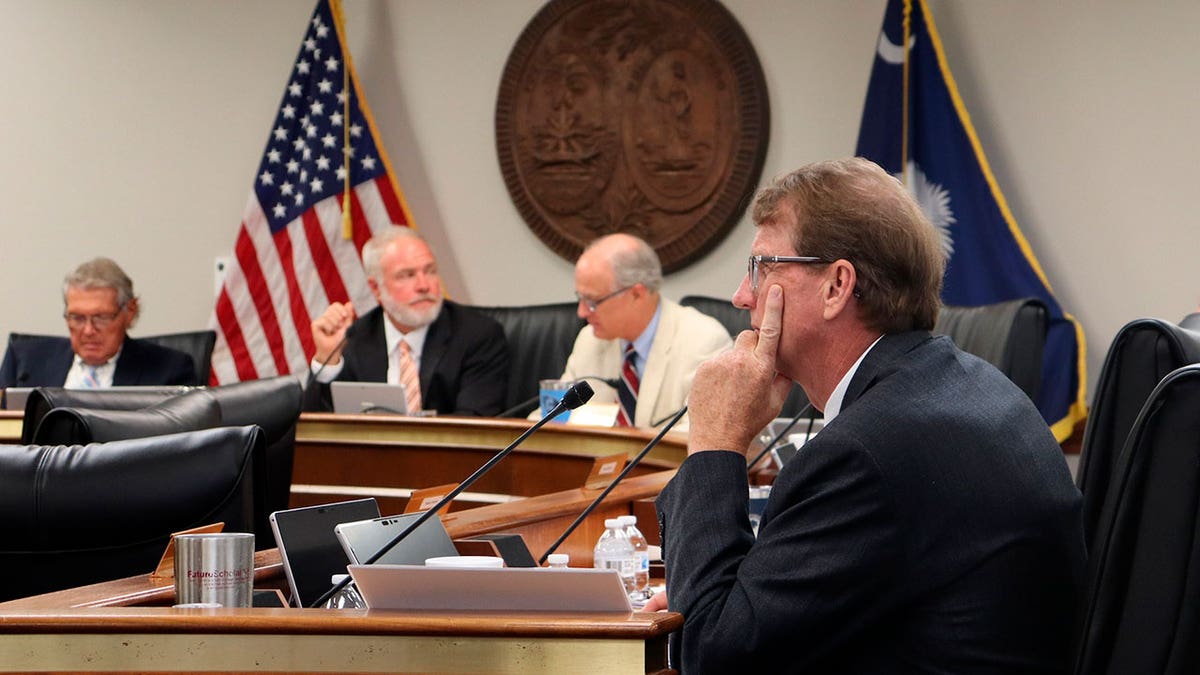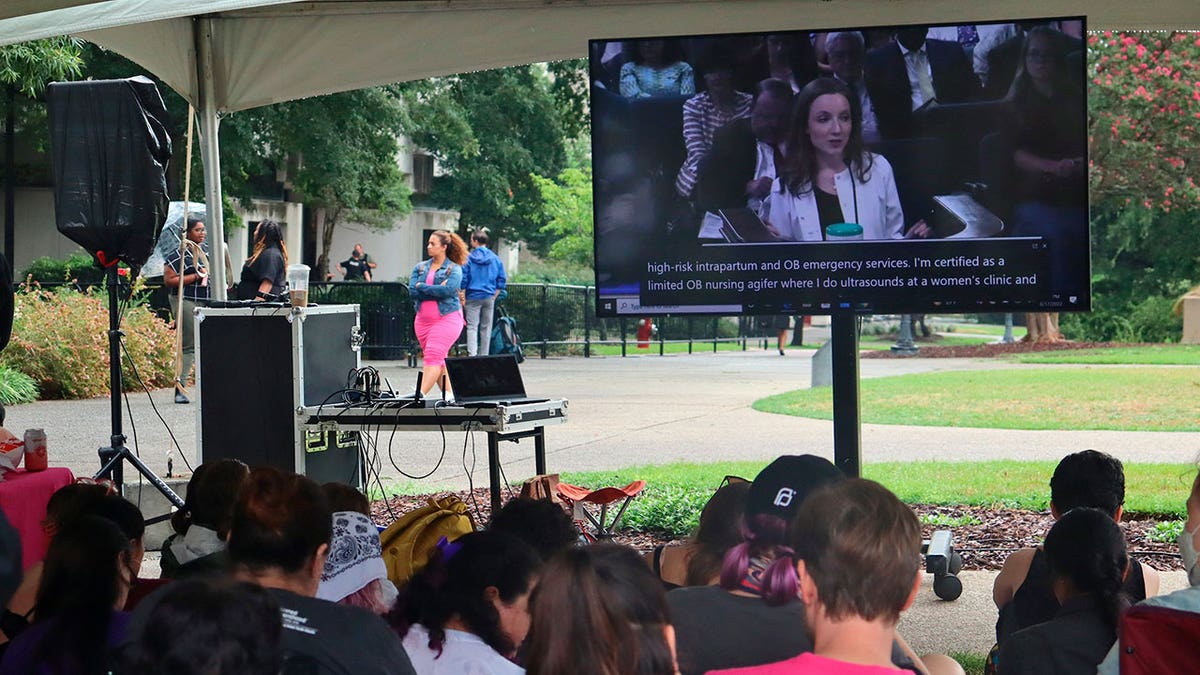liFox News Flash top headlines for August 17
Fox News Flash top headlines are here. Check out what's clicking on Foxnews.com.
The South Carolina Supreme Court temporarily blocked a six-week abortion ban Wednesday, just one day after a state House committee passed its near total-abortion ban bill in a 13-7 vote.
The abortion ban took effect shortly after the US Supreme Court overturned Roe v. Wade in a landmark decision on June 24, spurring abortion providers to file a lawsuit challenging the ban.
"We applaud the court’s decision to protect the people of South Carolina from this cruel law that interferes with a person’s private medical decision," said Jenny Black, president and CEO of Planned Parenthood South Atlantic, in a statement. "Today the court has granted our patients a welcome reprieve, but the fight to restore bodily autonomy to the people of South Carolina is far from over. No matter what happens, we will never stop fighting for our patients’ right to make their own decisions about their bodies and futures."
The abortion ban "prohibit[s] the performance of an abortion if a fetal heartbeat is detected" with medical exemptions considered, according to the text.
A judge had previously denied a request to temporarily block the abortion ban on July 26. The plaintiffs, including Planned Parenthood South Atlantic, had asked the judge for an injunction as the lawsuit continued through the courts.
The plaintiffs argue the ban violates "the South Carolina Constitution’s right to privacy and its guarantees of equal protection and due process," according to the court documents.

State Sen. Richard Cash, center, a leading supporter of South Carolina's recently implemented Fetal Heartbeat law banning abortion around six weeks, sits during a Senate Medical Affairs Committee meeting, Wednesday, Aug. 17, 2022, in Columbia, S.C. (AP Photo/James Pollard)
On Tuesday, the Republican-led state legislature passed its near-total abortion ban bill, titled the "South Carolina Human Life Protection Act," out of the state House Judiciary Committee. It is now on its way to the state House floor for consideration.
"I am encouraged that this bill has made it to the floor of the House and pro-life legislators look forward to the debate. We are closer than ever before to ending the practice of abortion as birth control in our state," Rep. John R. McCravy III, one of the bill's drafters, said in a statement to Fox News Digital.
LOUISIANA SUPREME COURT DENIES APPEAL CHALLENGING ABORTION BAN
The bill would ban abortions throughout the state, except in cases where the life or health of the mother is at risk. The bill specifically cites Section 3, Article I of the state Constitution as the legislature's "fundamental duty" to ensure "equal protection for the life, health, and welfare of all persons, including preborn children from conception."
"The No. 1 thing that this bill does is to end the practice of abortion being used as birth control in our state," McCravy said during a Tuesday hearing. "The No. 1 thing that this bill does not do is to endanger the healthcare of women in any way."

Supporters of abortion rights gather to watch the South Carolina Senate Medical Affairs Committee hearing on abortion outside the statehouse, Wednesday, Aug. 17, 2022, in Columbia, S.C. (AP Photo/James Pollard)
Language in the bill clarifies legal protection for contraception, with McCravy noting during the hearing that the bill would not restrict contraception access. The bill also prevents the mother from being prosecuted while making it illegal for physicians to perform the operation other than in the case of a medical emergency.
IDAHO SUPREME COURT: ABORTION BANS WILL BE ALLOWED TO TAKE EFFECT AMID CHALLENGES
Such a situation was specified in the bill as: "(1) the death of the pregnant woman; (2) a substantial risk of death for the pregnant woman because of a physical condition; or (3) the substantial and irreversible physical impairment of a major bodily function of the pregnant woman, not including psychological or emotional conditions."
CLICK HERE TO GET THE FOX NEWS APP
The bill was introduced just 10 days after an opinion draft on the US Supreme Court decision was leaked in May, with the eventual decision being released in June. Since then, conservative states across the country have enacted their own abortion bans as well as worked to pass legislation banning the procedure.





